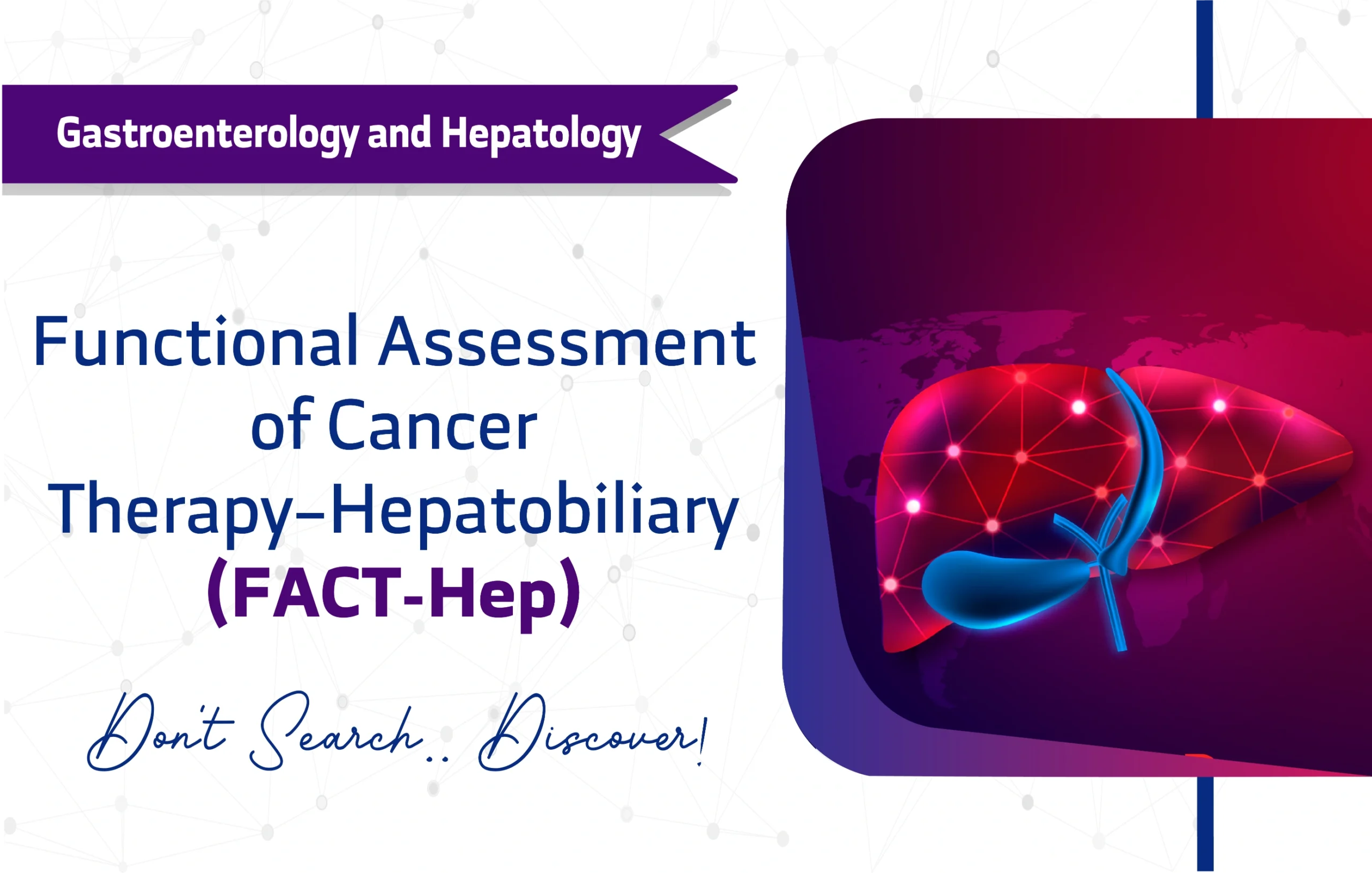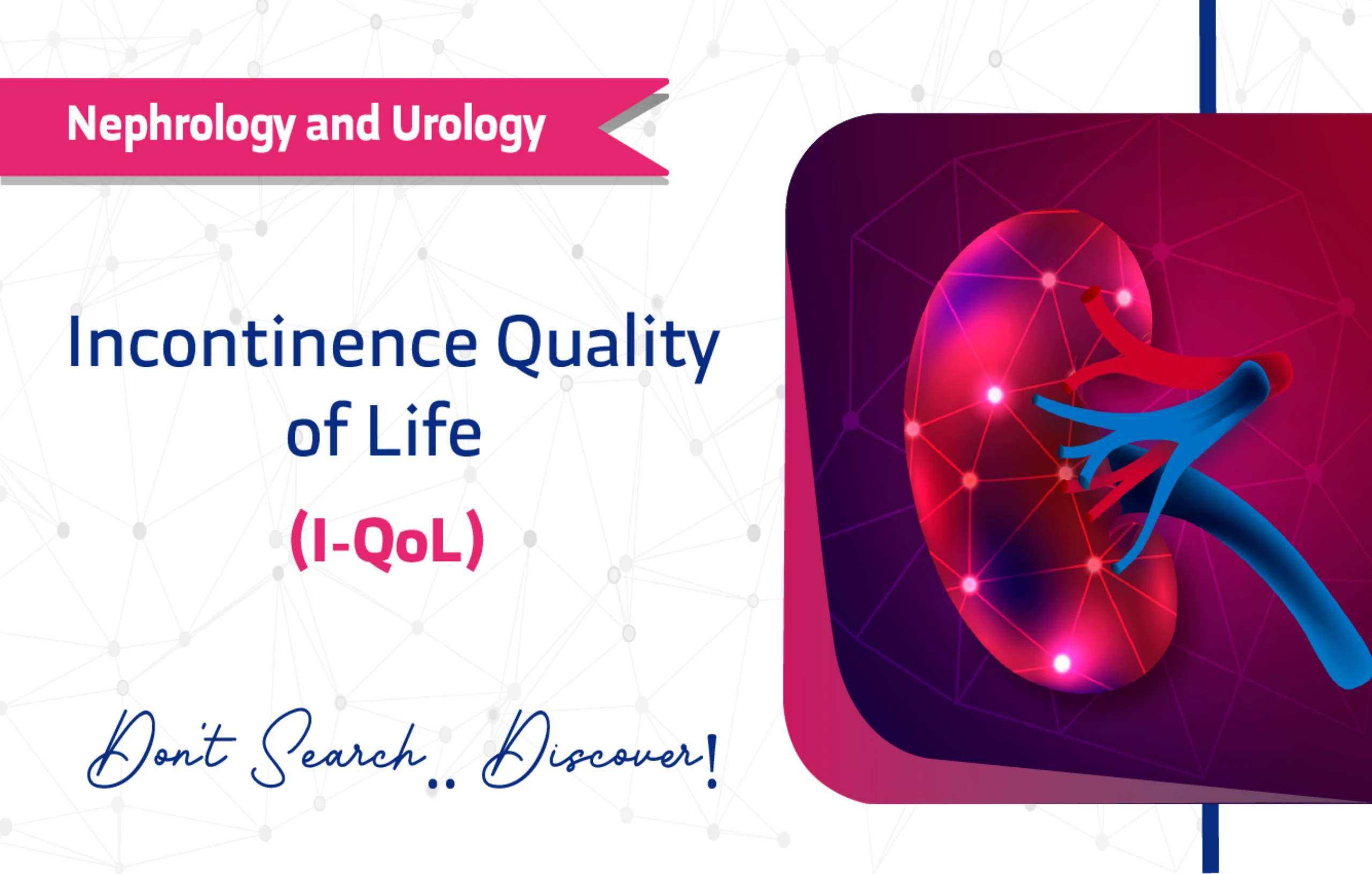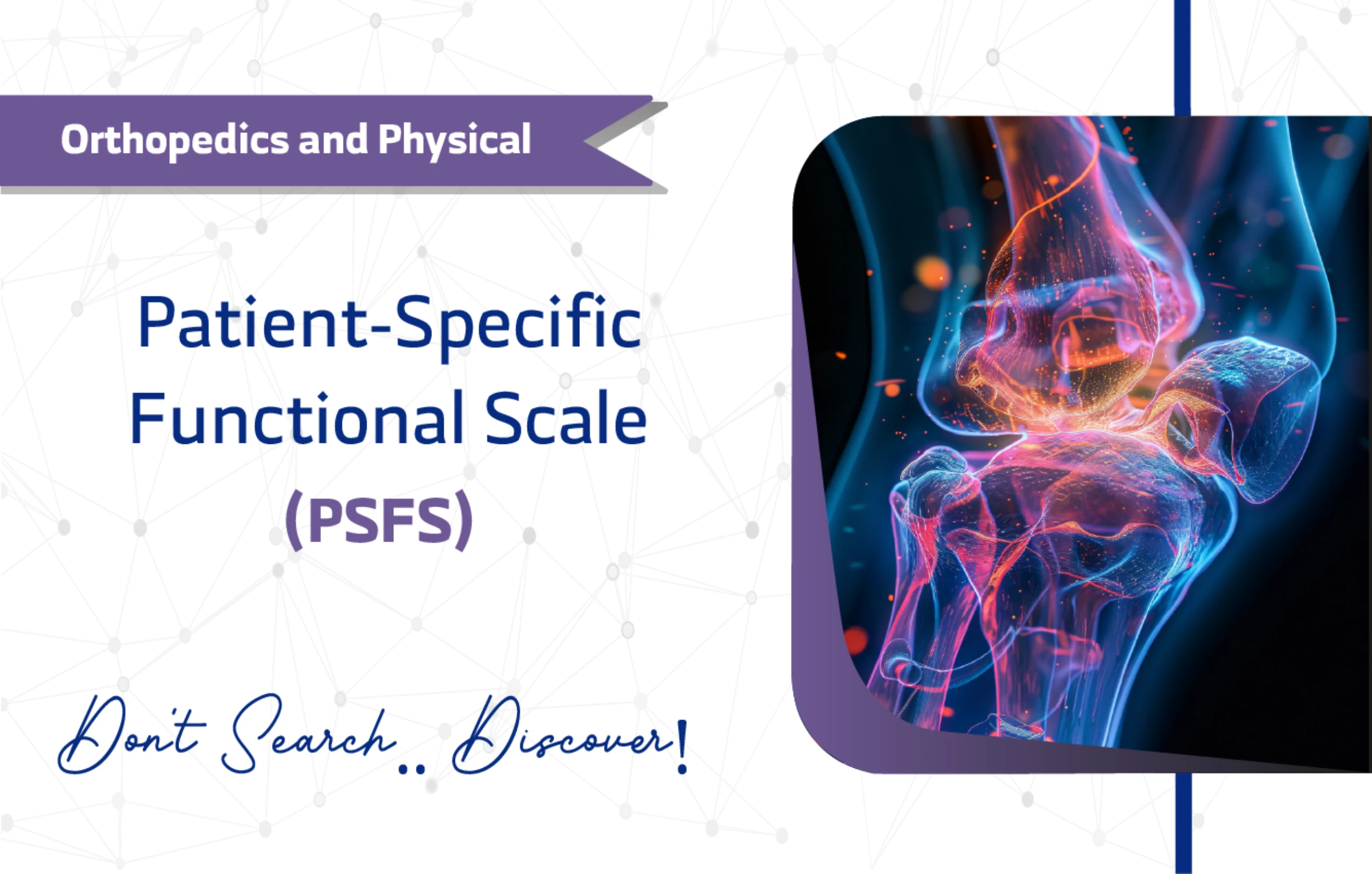Introduction
The Functional Assessment of Cancer Therapy-Hepatobiliary (FACT-Hep) is a comprehensive, patient-reported outcome measure. Specifically, it is designed to assess the quality of life in individuals with hepatobiliary cancers. Nancy Heffernan, David Cella, and their colleagues developed and validated the scale in the early 2000s as an extension of the general FACT-G questionnaire. Consequently, it has become a vital instrument in both clinical trials and routine oncology care. In fact, with over 300 citations, its impact and reliability in the field are well-established.
This article will, therefore, delve into the FACT-Hep’s features, applications, and clinical value. Furthermore, we aim to offer researchers and clinicians actionable insights to enhance the evaluation of physical, emotional, and functional well-being in this specific patient population.
Key Features of the Functional Assessment of Cancer Therapy–Hepatobiliary (FACT-Hep)
Purpose and Use
The primary purpose of the FACT-Hep is to provide a detailed assessment of health-related quality of life (QoL) for patients with hepatobiliary cancers, which include liver, bile duct, and gallbladder cancers. For this reason, clinicians widely use it to monitor the impact of the disease and its treatment on a patient’s well-being. In addition, researchers depend on the FACT-Hep as a primary endpoint in clinical trials to evaluate the effectiveness of new therapies.
Target Population
Developers validated the FACT-Hep for adult populations (18 years and older) who have a diagnosis of hepatobiliary cancer. In particular, this includes patients across the full spectrum of adulthood:
Young Adults (18–24 years)
Middle-Aged Adults (25–44 years)
Older Adults (45–64 years)
Seniors (65+ years)
Structure
The FACT-Hep is a 45-item questionnaire that combines two components: the 27-item FACT-General (FACT-G) scale and an 18-item hepatobiliary cancer-specific subscale (HepCS). As a result, this structure allows for a broad yet specific assessment, covering five core domains:
Physical Well-Being (7 items)
Social/Family Well-Being (7 items)
Emotional Well-Being (6 items)
Functional Well-Being (7 items)
Hepatobiliary-Specific Concerns (addressing issues such as fatigue, abdominal discomfort, weight loss, digestion problems, and jaundice).
Scoring Method
The FACT-Hep employs a 5-point Likert scale for each item, with responses ranging from 0 (“Not at all”) to 4 (“Very much”). To calculate the score, an individual first sums the values for each subscale. Subsequently, these subscale scores are added together to generate a total FACT-Hep score. Ultimately, a higher score unequivocally indicates a better quality of life. Notably, there are no fixed cut-off scores; instead, professionals typically interpret results by comparing them to baseline measurements or population norms.
Administration Format
Administering the FACT-Hep is efficient, typically taking only 10-15 minutes for a patient to complete. Because of its straightforward design, it requires no special training and patients can self-administer it. The questionnaire also offers flexibility through several administration formats:
Paper-based forms
Digital (Online) platforms
In-person interviews
Applications of the Functional Assessment of Cancer Therapy–Hepatobiliary
The FACT-Hep is a versatile tool with several key applications in both clinical practice and research:
Monitoring: First, it allows clinicians to track changes in a patient’s quality of life throughout the course of their illness and treatment.
Treatment Planning: Moreover, the insights gained from the questionnaire can help professionals tailor supportive care plans.
Research: Above all, it serves as a robust and reliable primary outcome measure for clinical trials evaluating new treatments for hepatobiliary cancers.
Surgical Evaluation: Finally, the tool is also useful in gastroenterology and surgical settings to assess the impact of procedures on patient symptoms and well-being.
Languages and Availability
To support its global application, its publisher, FACIT.org, has translated the FACT-Hep and made it available in numerous languages. Available languages include:
Arabic
English
Mandarin Chinese
Spanish
French
Other
The FACT-Hep is a proprietary instrument. While it is generally free for non-commercial and academic use, clinical or commercial purposes typically require permission and licensing.
Reliability and Validity
Experts recognize the FACT-Hep as a highly reliable and valid instrument for measuring QoL in its target population. For instance, a strong Cronbach’s alpha, which exceeds 0.80 across most of its subscales, supports its psychometric soundness and reflects excellent internal consistency. The original validation study by Heffernan et al. also confirmed its ability to distinguish between patients with different clinical statuses, thereby cementing its role as a gold-standard measure.
- The Original Validation Study link
Limitations and Considerations
Despite its strengths, the FACT-Hep has a few limitations:
Self-report: As a self-report measure, patient interpretation or social desirability bias may influence responses.
Licensing: Since the questionnaire is proprietary, it requires licensing for many uses, which could be a barrier for some researchers or institutions.
Age Restrictions: Furthermore, researchers have not validated it for use in pediatric populations.
Cultural Bias: Although translated into many languages, cultural bias may still affect some concepts of well-being.
Narrow Focus: Lastly, the questionnaire covers a limited number of domains.
Other Versions and Related Questionnaires
Importantly, it is useful for researchers to be aware that the FACT-Hep builds upon the core FACT-G instrument. Additionally, professionals often use the FACT-Hep alongside or compare it with other QoL assessment tools, for instance:
EORTC QLQ-C30 (a general cancer QoL questionnaire) combined with its biliary module, QLQ-BIL21
SF-36 (a generic health-related QoL measure)
Additional Resources
- A direct link to the Original Validation Study.
- You can access the questionnaire and related materials by registering and submitting a request through the official FACIT.org licensing system.
- For inquiries, contact the publisher directly through the FACIT.org contact form.
- For a full list of FACT questionnaires, scoring manuals, and translated versions, consult the FACIT.org website.
Frequently Asked Questions (FAQ)
- Who can use the FACT-Hep?
Clinicians, researchers, and other healthcare providers use the FACT-Hep for adult patients (18 and older) diagnosed with hepatobiliary cancers. - How long does it take to complete the FACT-Hep?
Patients typically take 10 to 15 minutes to complete the FACT-Hep; therefore, it is feasible for use in both clinical and research settings. - How is the FACT-Hep administered?
Healthcare teams can administer the questionnaire via paper, digital, or in-person interview formats, which offers significant flexibility. - Is there any cost to using the FACT-Hep?
The FACT-Hep is free for non-commercial academic use; however, funded research, clinical, or commercial projects generally require permission and licensing.
A Word from ResRef about the FACT-Hep
The FACT-Hep stands as a gold-standard tool for evaluating quality of life in patients with hepatobiliary cancers. Indeed, its validated structure and global use make it indispensable in both research and clinical practice. Whether you are a researcher studying treatment efficacy or a clinician aiming to improve patient-centered care, the FACT-Hep certainly provides critical data that can lead to better outcomes.
References
- Heffernan N, Cella D, Webster K, Odom L, Martone M, Passik S, Bookbinder M, Fong Y, Jarnagin W, Blumgart L. Measuring health-related quality of life in patients with hepatobiliary cancers: the functional assessment of cancer therapy-hepatobiliary questionnaire. J Clin Oncol. 2002 May 1;20(9):2229-39. Link.








